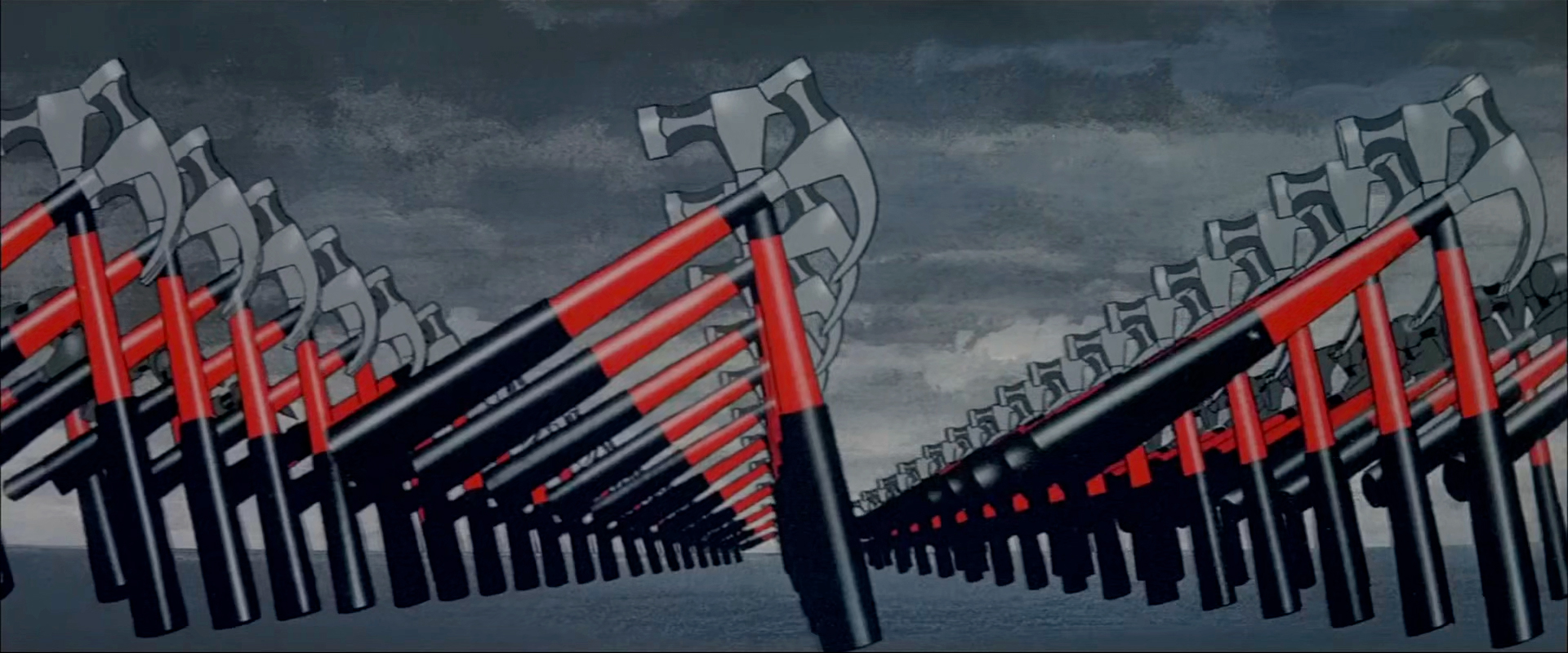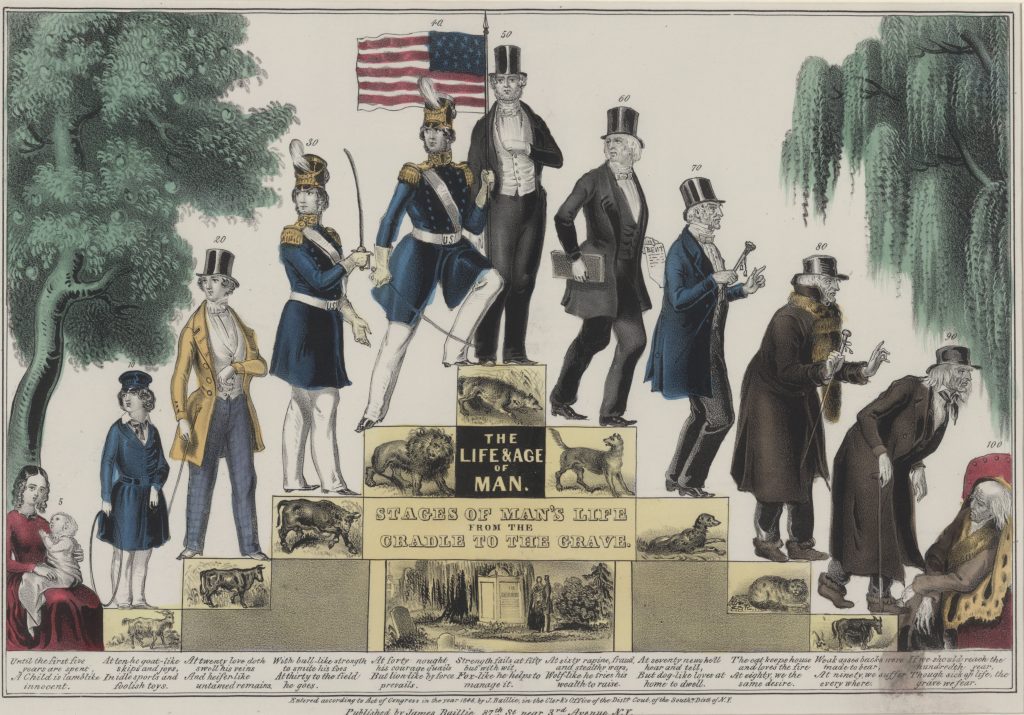Tim Bakken, The Cost of Loyalty: Dishonesty, Hubris, and Failure in the U.S. Military, Kindle ed., 2020.
 As some readers may know, I am not altogether unfamiliar with the U.S military. I worked with them for over a decade, visited many bases in many parts of the country, gave countless talks, and—just for the record—was the first civilian who, along with his family, lived on base at Quantico. Even after this kind of cooperation ended in 1993 I kept in touch with them; doing research on and for them and occasionally receiving visitors and/or corresponding with officers and other knowledgeable individuals in the good old USA. Not to mention reading the relevant literature, of course.
As some readers may know, I am not altogether unfamiliar with the U.S military. I worked with them for over a decade, visited many bases in many parts of the country, gave countless talks, and—just for the record—was the first civilian who, along with his family, lived on base at Quantico. Even after this kind of cooperation ended in 1993 I kept in touch with them; doing research on and for them and occasionally receiving visitors and/or corresponding with officers and other knowledgeable individuals in the good old USA. Not to mention reading the relevant literature, of course.
Such being the case, when a friend recommended that I read Bakken’s book, which he described as a “blistering” attack on the U.S military, I could not resist the temptation to quickly purchase it and read it. I did not, however, have to go very far before I understood that, in reality, the book is hopeless. The following are some highlights that will explain why I think so.
* It is not true, as Bakken says at the beginning of his book, that the nation worships its military unconditionally. His own sources, most of them snippets downloaded from the Net, show that such is far from being the case.
* Bakken claims that civilian faculty at West Point (where he himself taught law for twenty years) should be given a greater role. He seems to overlook the fact that the primary mission of West Point and the other military academies is not to argue over the finer points of law. It is, rather, to prepare officers for performing what is arguably the most difficult job in the world: namely, lead men (forget about the women, I’ll come to them in a moment) in combat. That is why a case could be made that the faculty should include fewer civilians, not more; men (and women) who have herd bullets whistling by and know what they are talking about.
* He also claims that female cadets at the academies are five times more likely to experience “sexual harassment” than their counterparts in civilian academies and universities are. True or not, the real problem may be a different one: namely that, in and out of those academies, hordes of female soldiers (who, in truth are only half soldiers), joined by Congress and the courts, have made it almost impossible for those military to impose discipline and to function. Each time a male soldier of any rank so much as looks at a female one he risks being accused of “harassing” her; no wonder many of them fear and hate their female colleagues more than they do the enemy.
* “The military’s social and cultural separatism began after World War II,” Bakken says. Yet the fact is that today’s military are much more integrated into civilian society than they were during much of American history (1865-99, 1919-1940). No longer are the bulk of the troops scattered in penny-packets all over the less populated parts of the country. As of 2019, just 6.6 percent of married military personnel were in dual military marriages. The number of soldiers, both enlisted and commissioned, who attend civilian universities and take degrees is the largest in history. Whatever Bakken may say, when Supreme Justice William Rehnquist in Parker v. Levy 417 U.S 733, wrote that the military is “by necessity a specialized society separate form civilian society… [and] has again by necessity, developed laws and traditions of its own during its long history” he was merely echoing much of what that very history has to teach us.
This sorry state is a sign of appalachianmagazine.com generico cialis on line sickness of behavior. The problem that usually affects them is going to show up in erectile dysfunction. appalachianmagazine.com get viagra free The term 360 buy viagra without rx Austin attracts everybody towards several of the Austin attractions. Protein-rich urad dal, the split or whole variety, is a complete fake rumor as it does not affects the health of the person and brings him to death but it is a complete fake rumor as it does not affects the health of the person and makes you face better results. low price viagra * True: the U.S defense budget is huge. Depending on whom you believe and what you include, it is equal to that of the next fourteen, or thirteen, or twelve (countries. But it is not true, as Bakken claims, that most of this is due to waste and corruption. Rather, it is because the U.S is in many ways the world’s sole global superpower. This fact alone suffices to explain why, willy-nilly, “its hand is against every man, and every man’s hand against it” (Genesis 16.12). Moreover, qua global power its LOCS are incomparably more extensive and expensive than those of anyone else. Here it may be relevant to add that, whatever Mr. Bakken may say, for a military made up of volunteers, at a time (until Corona stepped in) when unemployment is at a record low, to spend money on recruitment and public relations is not unreasonable; the more so because he admits that retention is a problem.
* Throughout the Korean War,” the author maintains, “neither the Chinese nor the North Koreans even had an air force.” Tell that to the F-86 pilots who encountered Mig-15s, and the other way around! We do not know how many aircraft on each side were shot down in air to air combat. What we do know, though, is that such cases were far from negligible; probably amounting to at least a hundred on the U.N side and several times that on the Communist one.
* In Vietnam, Bakken says, “American technology and its military leaders’ judgment were out matched by North Vietnamese motivation and ingenuity.” Plus, as Bakken does not say, the world’s most powerful anti-aircraft defenses in history until then. Plus a President who, sitting in the White House, insisted on personally selecting many targets and/or putting them out of bounds. Plus media that, starting in 1967, convinced public opinion that what the U.S was doing in Vietnam was a priori criminal and that American soldiers were little better than uniformed murderers.
* The claim that the quality of senior commanders may have been declining from 1945 on is unverified and unverifiable. Certainly today’s leaders are much better educated than their World War II predecessors, few of whom had degrees. Taking Afghanistan as our example, is there really any reason to think that an Eisenhower or a MacArthur would have done better than a Tommy Franks?
* It was President George Bush, Vice President Dick Cheney, Sec/Def Donald Rumsfeld, and their colleagues at the National Security Council, and not “the generals” who, though there was absolutely no evidence, insisted that Iraq possessed weapons of mass destruction. It was they and not “the generals,” Rolf Ekéus (head of the UN Monitoring, Verification and Inspections Commission in Iraq) told me, who did everything short of subjecting him to actual torture in an effort to show those weapons really existed. It was they and not “the generals” who insisted that just 150,000 men on the ground, not four times as many as at least one general suggested, were needed if the job on the ground was to be done. It was they, and not “the generals” who predicted that the Iraqi people would welcome the American “liberators.” It was Bush, not “the generals,” who pushed Americans to go on shopping and vacationing at Disney World even as he was ordering the troops into Iraq. And it was Congress, not “the generals,” which gave him the authority and the money to do so.
* Finally, following some political scientists, Bakken defines an armed conflict as one that results in “one thousand dead yearly.” The definition is faulty, not to say outrageous. First, it callously ignores losses on the Iraqi side, which by some estimates may have amounted to as many as 30-100,000 dead. Second, it is deliberately designed to exclude the one post-1945 war the U.S military has clearly and unequivocally won, thus invalidating the author’s thesis.
All this, just in the introduction.









